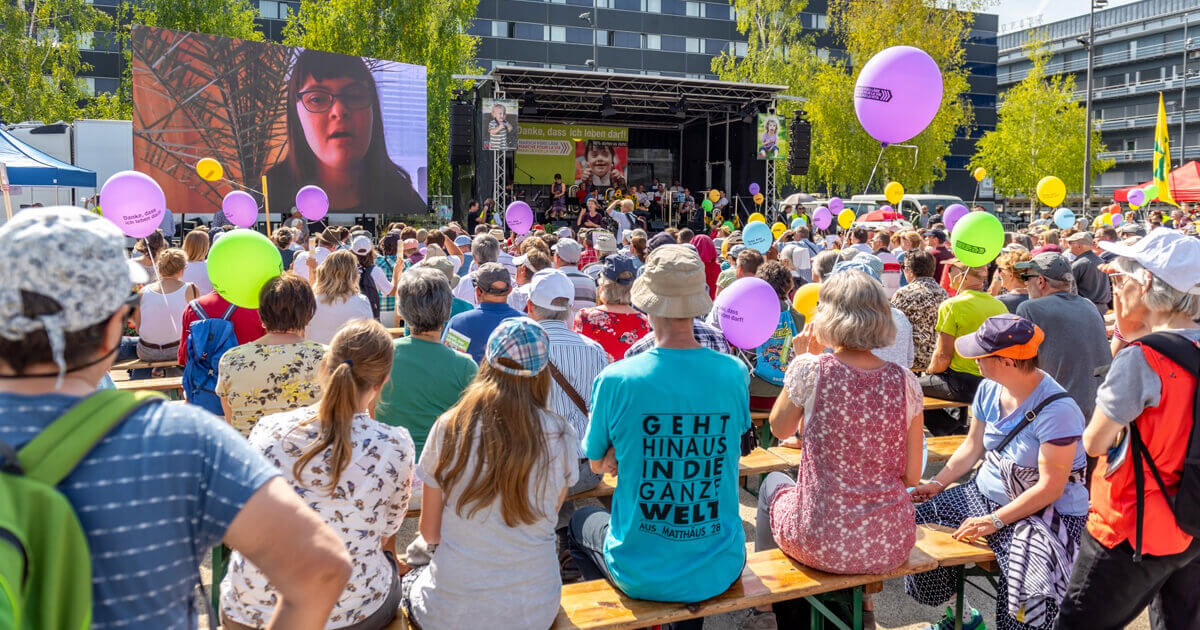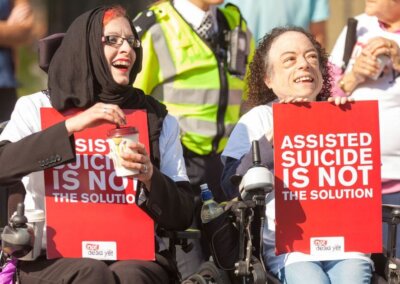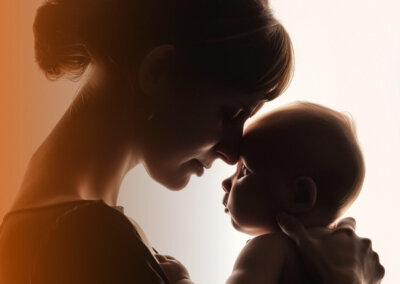Over 1,200 people joined the Swiss ‘March For Life’ 2019 to proclaim the right to life of unborn babies.
This year, pro-life campaigners celebrated its 10th anniversary by highlighting the value of children who have been diagnosed with Down syndrome and other special needs.
However, the peaceful event has been marred by repeated violence from abortion activists.
According to Swiss Broadcasting Corporation, police had to briefly detain 175 individuals and arrest at least one on charges of violence and threats against authorities. Protesters also set fire to containers and then attacked some of the firefighters who came to extinguish the flames.
As a result of the violence, authorities had to temporarily stop the March for Life and re-route it before it could continue.
The march concluded at Zurich’s Turbinen Square, with music and representatives sharing testimonies of the value of those with Down syndrome.
Pro-life campaigners have held, or tried to hold, a pro-life march in September every year in Switzerland for the last 10 years. In 2017, pro-life leaders were forced to cancel the march because of threats of violence, according to Human Life International.
And in 2016, a strong police cordon had to protect the event from 100 radicals who launched smoke flares and condoms at the events participants. In the weeks prior, the buildings of organisations supporting the march were attacked with paint.
Switzerland permits abortion throughout the first 12 weeks of gestation, under certain conditions.
However, abortion is also legal beyond the 12-week limit, if is claimed the pregnant woman’s physical or psychological health is in danger. In 2018, 528 abortions out of a total of 10,457 were carried out in this context.
As in England and Wales, over 90% of babies who are prenatally diagnosed with Down syndrome are aborted in Switzerland. The figure in similar in France, Belgium and Italy, and has reached almost 100% in Iceland for babies prenatally diagnosed with Downs syndrome.
Lord Shinkwin recently used these statistics to highlight that the UK imposing abortion on Northern Ireland would be telling people with disabilities that they are “better off dead.”
The Lord highlighted the disparity in the rate of Down syndrome based abortions where in England and Wales, compared to Northern Ireland where pro-life laws currently mean unborn children with disabilities are equally respected in law.
“[In Northern Ireland] 52 children with Down’s syndrome were born in 2016, in the same year only one child from Northern Ireland with Down’s syndrome was aborted in England and Wales.”
“Is that not a cause for celebration? Is it not to Northern Ireland’s immense credit that disability equality is actually respected there?”
Right To Life UK spokesperson Catherine Robinson said:
“Switzerland along with England and Wales abort 90% of unborn babies prenatally diagnosed with Down syndrome. Northern Ireland currently has a very different approach where disability-selective abortion is illegal, therefore creating a culture which accepts and supports people with disabilities rather than eliminating them.”
“This is reflected directly in recent official figures showing that almost 100% of babies found to have Down’s syndrome in Northern Ireland are born. This greatly contrasts with the 90% termination rate for Down’s syndrome from other parts of the UK.”












